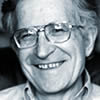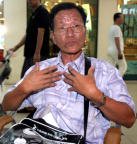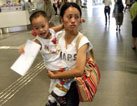SINGAPORE FORUM ON POLITICS 2006: THE (IN)SIGNIFICANCE OF POLITICAL ELECTIONS IN SINGAPOREDr Gillian Koh
Senior Research Fellow, Institute of Policy Studies
James Gomez
Assistant Secretary-General (2nd), Workers' Party
Viswa Sadasivan
Chairman, The Right Angle Group
Chandra Mohan
Advocate & Solicitor, Tan Rajah & Cheah and former Nominated Member of Parliament
Dr Geh Min
Nominated Member of Parliament and President of Nature Society Singapore)
Prof Kirpal Singh
Associate Professor of Literature & Creative Thinking, Singapore Management University
Saturday, 25 February 2006 08:30:00 AM
Lecture Theatre 8, NUS
Go here and click on the gif link at the bottom.


